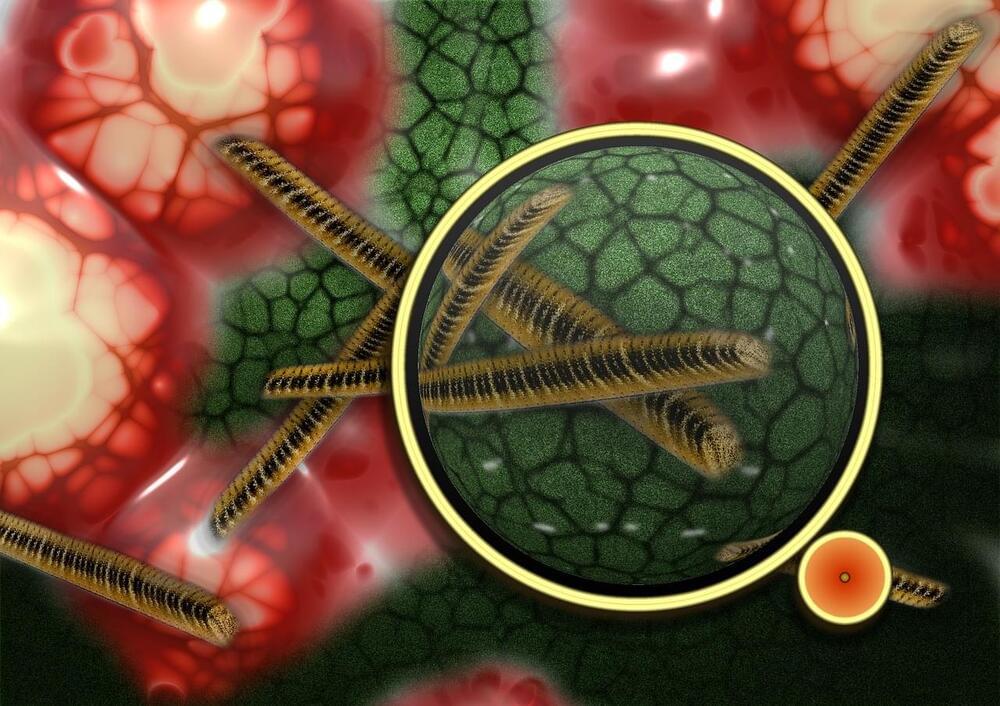T cells are immune cells that fight off disease. The most common type of T cell, known as conventional T cells, maintains different functions, including activation of other T cells and killing pathogens. However, there is a less common type of T cell known as unconventional T cells. These cells regulate conventional T cells and often suppress conventional T cell function. How these cells develop and protect the body from infection and disease is unclear. Dr. Dan Pellicci and colleagues from Murdoch Children’s Research Institute and Federation University Australia reported on unconventional T cell development and their role in the immune system in a recent Science Immunology paper.
The researchers found that these unconventional T cells elicit an immune response. The discovery of an anti-pathogen role in these T cells has been unknown previously. Scientists can target these cells to prevent cancer and highly infectious diseases by understanding their role in immunity.
Dr. Pellicci and colleagues gathered samples from the Melbourne Children’s Heart Tissue Bank, where samples from children sixteen years old or younger who had heart surgery were kept. The researchers looked at the T cells from the thymus, a gland that further develops or matures T cells. After the T cells exit the thymus, they are ready to activate and target or kill infecting pathogens. Through T cell isolation, Dr. Pellicci and colleagues were able to determine the role of Unconventional T cells.
